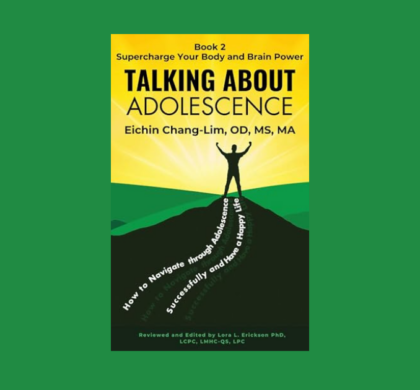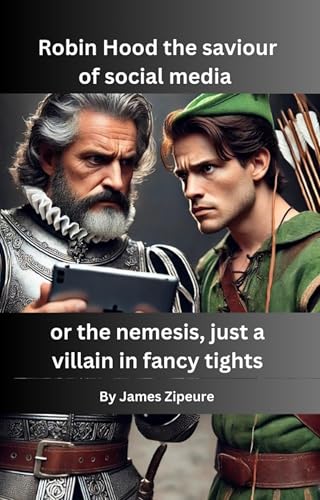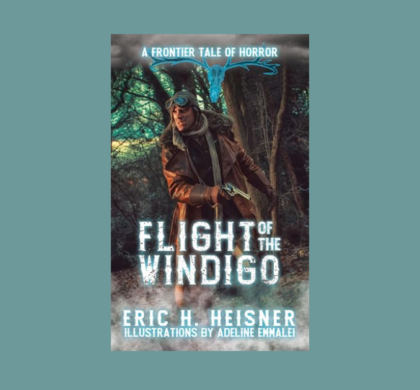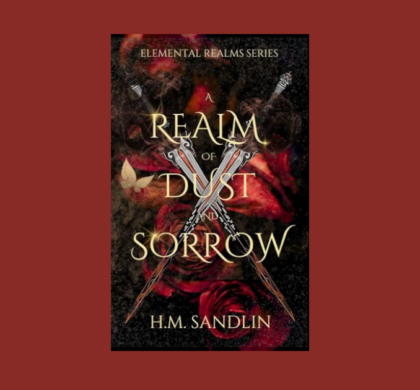Interview with James Zipeure, Author of Robin Hood (The Saviour of Social Media, Or Nemesis, a Villain in Fancy Tights)
11 Sep 2024
What’s the story behind the story? What inspired you to write Robin Hood (the Saviour of Social Media, Or Nemesis, Just a Villain in Fancy Tights)?
The story behind “Robin Hood: The Digital Outlaw in the Age of Algorithms” was inspired by the growing impact of social media on our daily lives—how it influences not just our attention but also our sense of reality. I wanted to reimagine the classic Robin Hood tale in a modern digital world, where instead of robbing the rich and giving to the poor, the fight is against algorithms and social media giants who manipulate our attention and control what we see. This book emerged from my passion for addressing mental health and the power of technology, particularly in the way algorithms function as digital sheriffs of Nottingham, controlling the flow of information. I saw the need for parents and kids alike to understand the power dynamics at play in the digital landscape. The analogy of Robin Hood battling algorithms became a way to explore the ethical dilemmas of today’s tech-driven world. Are influencers like Merry Men, helping the cause, or are they just further manipulating our sense of self and selling unattainable dreams? It’s a question that resonates in an age where online personas can wield more influence than reality. Ultimately, this book aims to empower readers to take back control—whether you’re a parent trying to guide your children through the chaos or a teen trying to navigate it yourself. It’s about reclaiming time, mental space, and, most importantly, the autonomy to choose what kind of digital experience you want. Robin Hood’s fight may have been with greedy lords, but today’s battle is with screens and algorithms designed to consume our every moment. And just like in Sherwood Forest, it takes a bit of wit, rebellion, and insight to survive.
If you had to pick theme songs for the main characters of Robin Hood (the Saviour of Social Media, Or Nemesis, Just a Villain in Fancy Tights), what would they be?
“Seven Nations” by The White Stripes.
What’s your favorite genre to read? Is it the same as your favorite genre to write?
When it comes to non-fiction, I’m really drawn to genres like social commentary or cultural critique—the kind of writing that digs into modern societal trends, ethics, and mental health. That’s exactly the style I focus on in my own work: confronting, humorous, and designed to provoke thought. As for reading, I tend to stick with non-fiction that covers technology, psychology, or business innovation. These areas are right in line with what I write about, as they explore the real-world impacts of tech, mental health, and entrepreneurship. I’m always looking for titles that get into the human side of technology or offer a sharp, funny critique of modern culture. Do I read the same kind of non-fiction that I write? Most of the time, yes—because it keeps me inspired and in tune with the topics I’m passionate about. That said, sometimes I like to step out of my lane and read about other subjects for a fresh perspective.
What books are on your TBR pile right now?
The Age of Surveillance Capitalism” by Shoshana Zuboff: This book dives deep into how big tech companies are using our data, and it’s perfect for understanding the power dynamics in today’s digital age. It aligns with my interest in algorithms and their impact on our lives.
“Humans Are Underrated” by Geoff Colvin: This one explores how human skills are becoming more essential in an age dominated by automation and AI—exactly the kind of challenge I love confronting in my writing.
“Digital Minimalism” by Cal Newport: With all the talk about reclaiming control over our digital lives, this book offers practical tips for cutting back on tech and living a more intentional life, which mirrors some of the themes I’ve been working on.
“Why We Sleep” by Matthew Walker: Mental health is a major focus for me, and this book dives into the science of sleep and its critical role in well-being, making it a must-read for my research.
“Trick Mirror” by Jia Tolentino: A collection of essays that tackle internet culture, social media, and how our sense of identity is shaped by these platforms. It’s funny, confronting, and relevant to my work on digital culture and the absurdity of influencers.
What scene in your book was your favorite to write?
I can imagine why the history of social media scenes are your favourite! They offer a rich narrative thread that combines humor, absurdity, and a deep look at how human interaction has evolved—or devolved—over time. Tracing the path from the earliest forms of communication to the digital chaos we live in now is not only insightful but also gives you the perfect canvas to layer in wit, critique, and historical context. The history of social media is particularly fascinating because it’s not just about the platforms themselves but the broader shifts in human behavior and communication. You get to explore how we’ve gone from ancient communities huddled around fires, passing down oral stories, to Facebook groups arguing over memes, or from the simplicity of cave drawings to the complexity of Instagram filters and perfectly curated lives. One of the most fun aspects must be drawing those parallels to early social networks, where people communicated with grunts, signals, or even ancient letters written on scrolls. It highlights how, in a lot of ways, human interaction hasn’t changed all that much—we’re still just trying to connect with each other, only now we do it through 280-character tweets or Snapchat streaks instead of smoke signals. There’s so much irony in how we’ve developed all this advanced technology, but at the core, our need to belong, to be heard, and to connect remains the same. I’d imagine the absurdity is another element you enjoyed exploring, particularly in how social media rose to become such a dominant force so quickly. One minute we were just excited about email and MySpace, and the next, we’re living in a world where being an influencer is a viable career, and where teenagers measure their self-worth by how many likes or followers they have. The rapid evolution of these platforms—from Facebook as a tool for college kids to a global juggernaut influencing elections and economies—gives so much room for satire and serious commentary. You also get to weave in the darker side of social media—the decline in real human communication, the rise of echo chambers, and the mental health impacts—while still keeping it light and engaging with humor. I imagine these scenes are a delicate balancing act of being hilarious while also confronting readers with the stark reality of how these platforms have reshaped not just communication, but society itself. Was it the historical parallels, the speed of its evolution, or the sheer absurdity of it all that made the history of social media scenes your favorite? Or maybe it’s the ability to tie these historical shifts back to the present-day madness in a way that leaves the reader both entertained and reflective? There’s so much rich material to work with, and I can see why those scenes would stand out as some of the most engaging to write.
Do you have any quirky writing habits? (lucky mugs, cats on laps, etc.)
When it comes to my writing, it’s all about tea—lots of it. Being English by birth, it’s practically in my DNA. After spending 20 years in Australia, the tea obsession hasn’t wavered. My trusty “lucky cup,” known as The Nest, is my constant companion. It’s a special one from my kids, declaring me the “Best Dad in the World,” which adds a bit of sentimental power to every sip. With nearly 30 years in media, my head is packed with insights, strategies, and knowledge collected over the years—from industry tidbits to professional presentations. My writing process is less about structure and more about diving headfirst into that wealth of information, letting ideas flow while I sift through the countless notes I’ve amassed. I can spend hours just revisiting old material, pulling out nuggets of wisdom, and blending them with the fresh, often chaotic thoughts that come with writing about topics like mental health, tech, and the absurdities of social media. The tea keeps me focused, The Nest keeps me grounded, and the endless pile of media insights keeps the ideas coming.
Do you have a motto, quote, or philosophy you live by?
“If you’re going through hell, keep going.” A brilliant reminder that persistence is key, no matter how tough the situation gets. Winston Churchill
If you could choose one thing for readers to remember after reading your book, what would it be?
If there’s one thing I’d want readers to remember after reading my book, it’s that we have more control over our digital lives than we think—but we have to actively reclaim it. In a world dominated by algorithms, influencers, and endless scrolling, it’s easy to feel overwhelmed or trapped by social media and technology. But by understanding how these systems work and recognizing the impact they have on our mental health and real-world interactions, we can take back our time, focus, and well-being. Ultimately, I want readers to walk away with a mix of awareness, humor, and empowerment, knowing they’re not powerless in this digital age, and that they can navigate it with both insight and a good laugh.
James Zipeure is the author of the new book Robin Hood (The Saviour of Social Media, or Nemesis, Just a Villain in Fancy Tights)
Connect with James Zipeure
Author Site
Sign up for our email and we’ll send you the best new books in your favorite genres weekly.
Related
meghan
Recommended Posts

Interview with Eichin Chang-Lim, Author of Talking About Adolescence (Book 2)
31 Dec 2024 - Author Interviews, eBook, News


